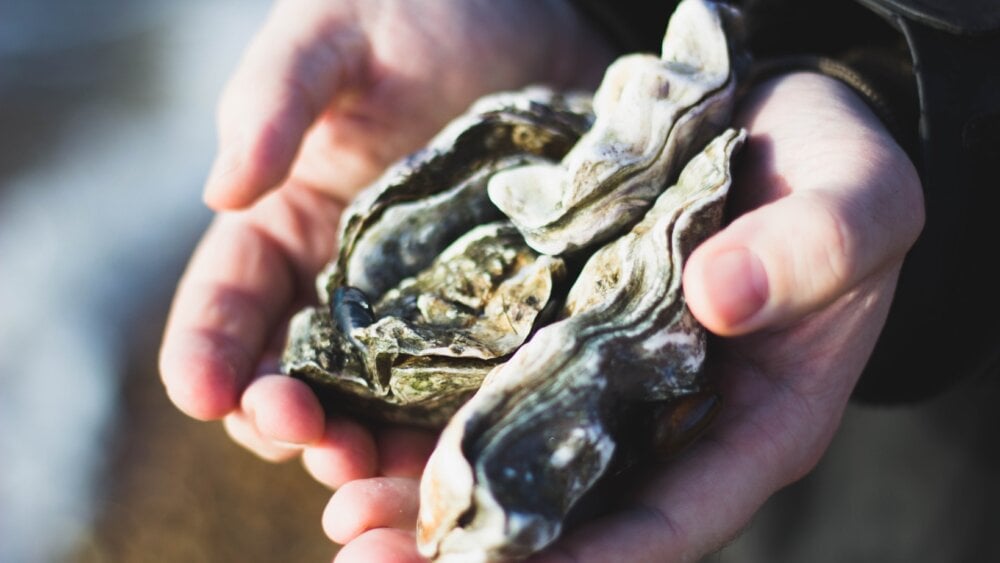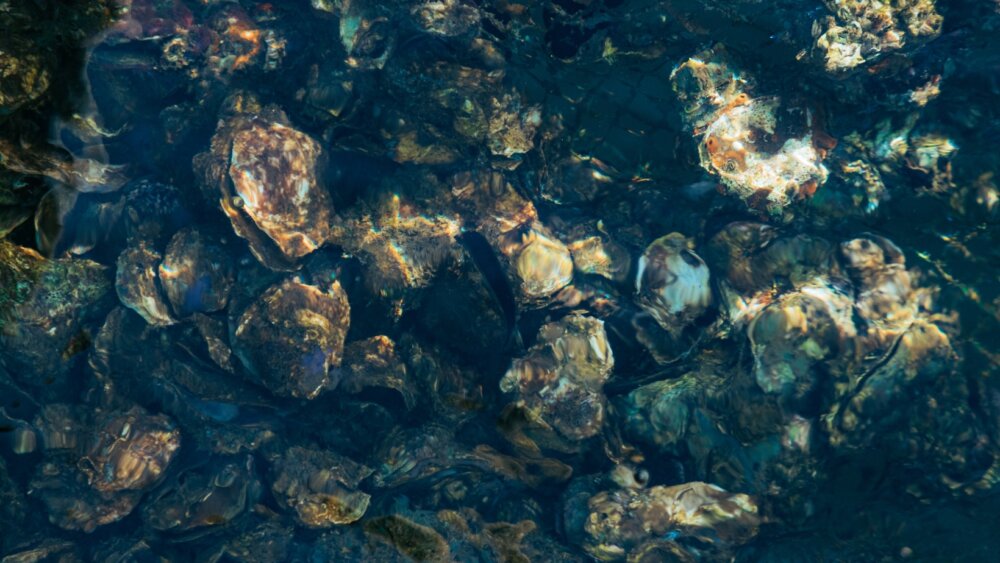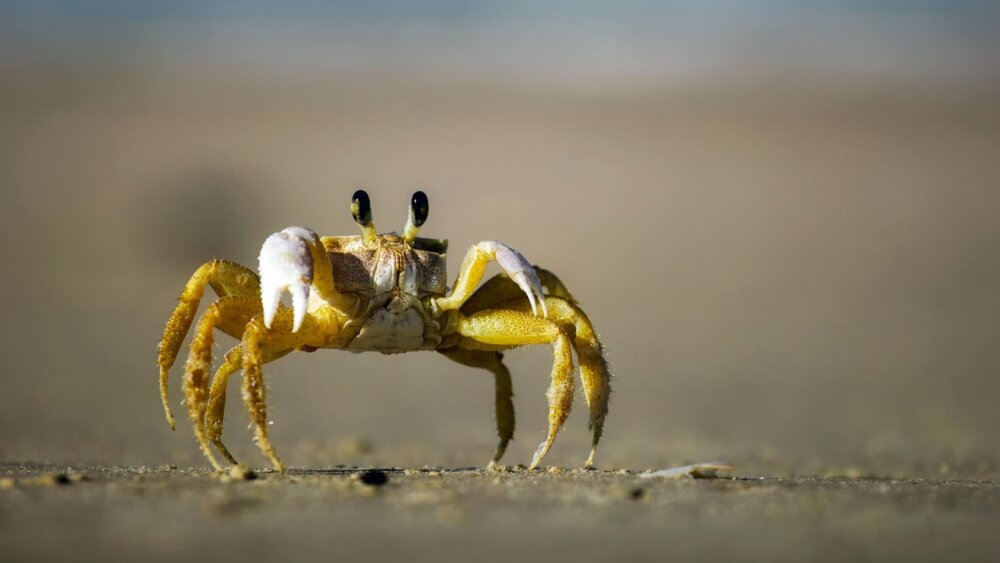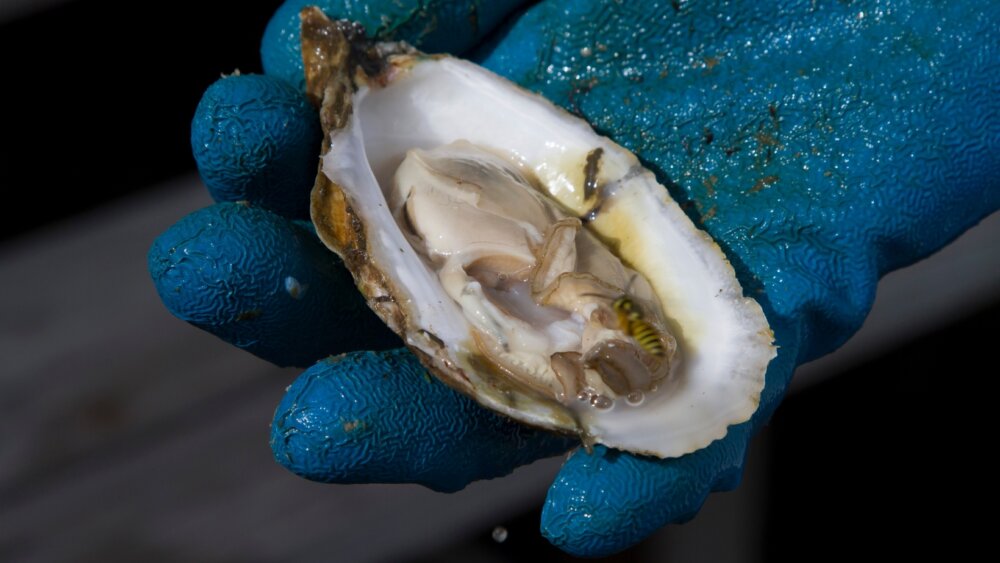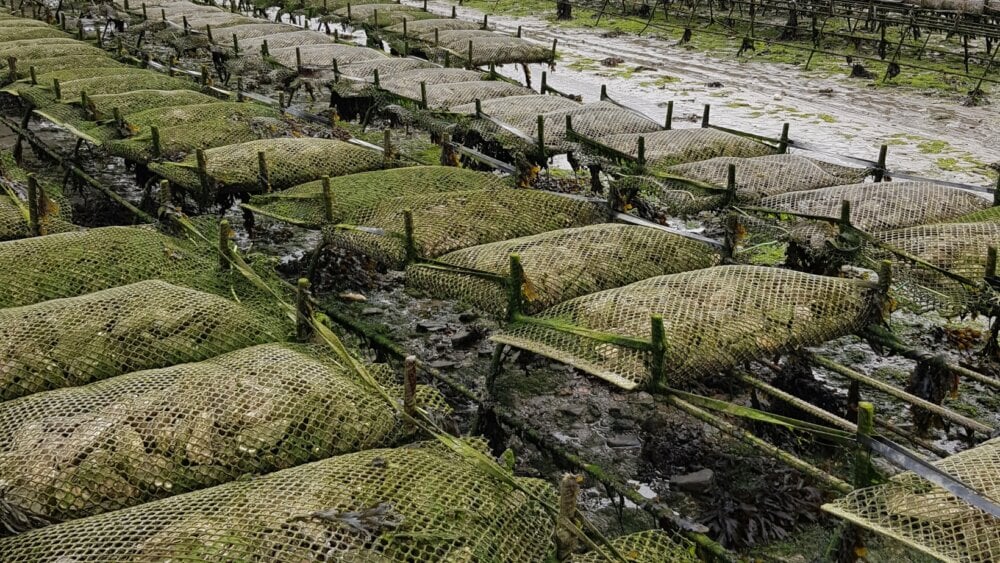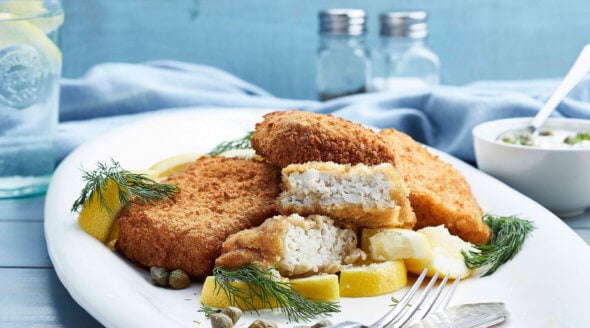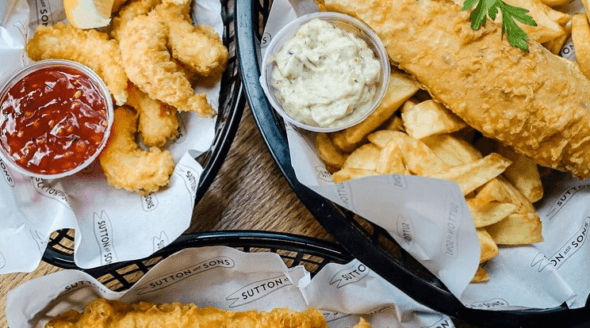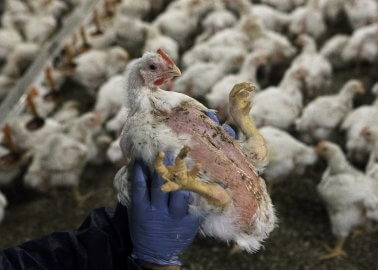Are Oysters Vegan?
Do vegans eat oysters? The short answer is no. Vegan or not, we should all leave oysters in the ocean, where they belong.
Vegan Ethics and Oysters
Oysters are animals. If you don’t eat animals for ethical reasons, oysters don’t belong on your plate. Without obvious legs or faces, oysters and other bivalve molluscs like clams, mussels, and scallops may appear to us as less animal-like than other shellfish, but that doesn’t make them any less worthy of our consideration.
Every day, we learn more about the other species with whom we share the planet – and we find that they are more intelligent, sensitive, and empathetic than we had previously realised. With each new discovery, it can seem like there is more we don’t know about the inner lives of animals than we do. This certainly applies to oysters.
We’ve learnt that fish can woo potential partners by singing to or creating art for them and that like dolphins and many other animals, lobsters use complicated signals to explore their surroundings and establish social relationships. Scientists have also found that crabs may live by a principle akin to “Love thy neighbour”: if an intruder tries to take over a fiddler crab’s burrow, a neighbour will often leave their own burrow to help out.
We know that oysters have a nervous system, a heart, and other internal organs and that they snap their shells shut when they sense danger. We also know that we don’t have to eat them – so please, bypass consuming bivalves.
Eating Oysters Is Bad for Our Health
Oysters are a common cause of food poisoning and are chock-full of microplastics, which when consumed, can expose humans to harmful chemicals, including heavy metals such as lead, cadmium, and mercury.
When you eat oysters, you risk contracting a Vibrio bacteria infection, which can cause diarrhoea, vomiting, fever, and even septicaemia – a potentially fatal blood infection. There’s no way of ensuring oysters are safe to consume, so don’t take their life and risk your own for a fleeting whim.
Our Oceans Need Oysters
Like every other animal, oysters play a vital role in the ecosystem, and eating them has damaging consequences.
Oysters – as well as clams and mussels – suck in ocean water to feed on bacteria and phytoplankton, and while doing so, they ingest pollutants and other harmful chemicals before expelling the clean, filtered water back into the sea. Did you know that one oyster can filter nearly 200 litres of water a day?
Dredging oceans to harvest oysters also damages the reefs that provide other animals with habitats and disrupts the ecosystem.
Try Vegan Seafood
Leave oysters off your plate, and if you’re craving a taste of the sea, check out our guides to the best vegan seafood options:

